Participatory Action Research (PAR) is a process of engaging a community in defining questions important and meaningful to their lives, gathering information and ideas about those questions, and coming to an understanding that generates insights that can be used to create social change. ICAH believes that youth are the experts of their own experiences and that PAR enables individuals to act as authors of their own narratives.
In 2013, ICAH hosted a PAR project to support families in understanding a core value: that young people need to be safe, affirmed, and healthy. The Given & Chosen Families Research Report provides both qualitative and quantitative insight into empowering ideas about conversations with given and chosen families about sex and sexuality. Youth implemented this research process in order to act as the primary investigators of their own lives and communities by asking:
“What starts or stops youth from talking with their given and chosen families about sex and sexuality?”
The report calls for a clear need to support healthier conversations between youth and their given and chosen families around sex and sexuality.
What’s a "given family"? The family you live at home with and/or the family you were born into such as your parents, grandparents, siblings, etc.
What’s a "chosen family"? the supportive community you put together outside of the family you were given. This can sometimes include friends, but also adult allies, boyfriends, girlfriends, etc.
Main Goal for Research:
Assessing the perceived barriers and benefits among youth in starting family-supported conversations about sex and sexuality.
Key Objectives for Research:
- To compare the comfort levels among youth in talking with their given families about sexuality versus talking with their chosen families.
- To compare support provision between youth and their given families versus youth and their chosen families related to sexual health, rights, and identities.
- To assess the various sexuality-related topics discussed between youth and their given and chosen families
- To legitimize the concept of chosen families alongside given families for ICAH youth and all research participants
Methods for Research:
- 80 Individual Interviews: 20 youth leaders each conducted four one-on-one interviews with their Chicago peers
- 387 Online Surveys: 20 youth leaders disseminated an online comfort-assessment survey to youth ages 16-22 from across the country, supported by ICAH staff
- 1 Focus Group: 20 youth leaders participated in one in-person focus group, facilitated by the Youth Education Coordinator, focusing on connecting the online comfort-assessment survey to positive sexual decision-making among youth
FINDINGS:
For longer discussions and statistics, please download the full report.
- Youth are more comfortable talking with their chosen families about sexuality than their given families, but both groups lack the skills necessary to host accurate conversations.
- 50% of youth perceived that the information presented to them by both their given and chosen families was only somewhat accurate.
- Conversations between youth and their given families must be normalized and expected at a cultural level, increasing youth comfort in talking with their given families.
- 63.2%of youth indicated that they feel more comfortable talking with their chosen families about sex and sexuality, compared to 9.7% who said they felt more comfortable talking with their given families, 14.5% who said they felt comfortable talking with both families, and 4.2% who said they felt comfortable with neither.
- Youth utilize their given and chosen families for different types of support, so both families must collaborate on sexuality-related conversations.
- When asked to list the top three types of support provided by each family, the majority of youth listed Emotional, Advice, and Intellectual support for their chosen families. For their given families, the majority of youth listed Educational, Financial, and Emotional as the main types of support provided.
- Because chosen families are uniquely situated to host conversations on sexuality, youth should be encouraged to educate their chosen families about their bodies and health in informal settings, especially those who already have accurate sexuality information.
- When asked, “What CAN’T you talk to your chosen family about?” 75.7% of youth responded, “Nothing, I can talk to my chosen family about anything.”
- Noting the drastic amount of youth that reported having adult allies in their Chosen Families (33.5% of youth) opens a large opportunity for adults to support safe, accessible conversations with youth about sex and sexuality.
- The concept of chosen families is relevant and necessary in building resilience strategies for youth, with 80.7% of youth responding that they had formed a chosen family. Programs and policies in family support systems need to affirm youth in building chosen families to plant seeds for healthy support structures in their lives.
WHAT’S NEXT?
This research will help ICAH’s youth leaders create action to change the way youth talk about sex with their given and chosen families and help ICAH build the capacity of adult decision-makers to better talk to, support, and advocate for youth about their sexual health, identities and rights. From the findings on family-supported conversations about sexuality, ICAH will better understand how to craft sexual health, rights, and identities trainings and campaigns for youth and the adults in their lives. Youth leaders will take each recommendation in the discussion portion of this report to build concrete action next year. They will focus on the research objectives to shape cultural advocacy and education strategies to transform the way youth and their families talk about sex and sexuality.







